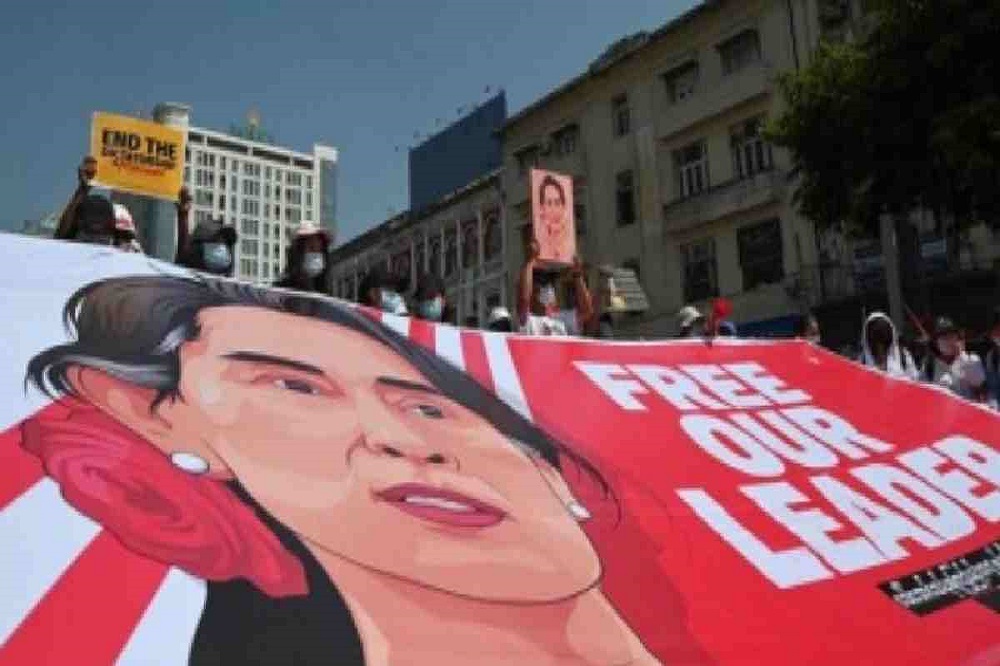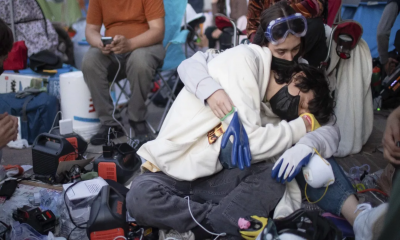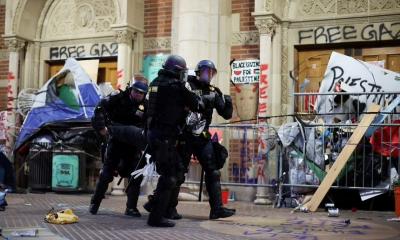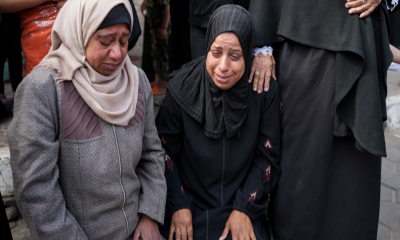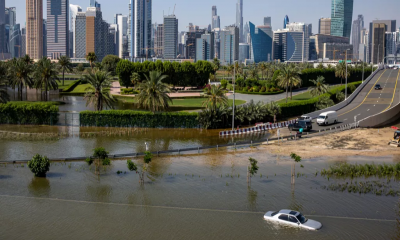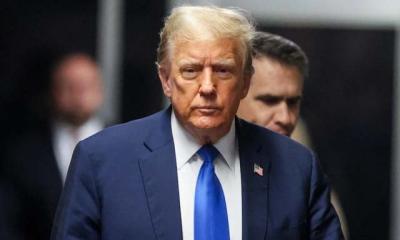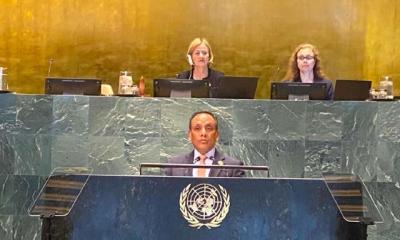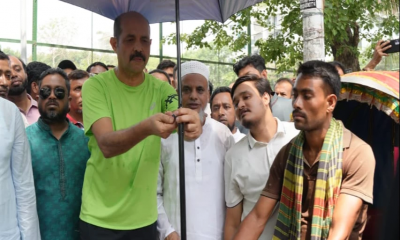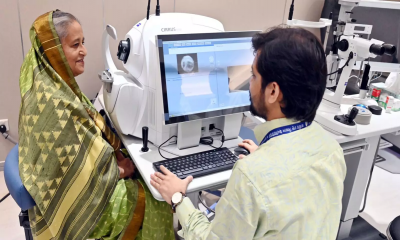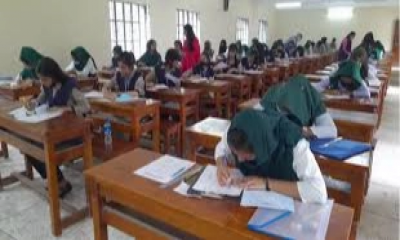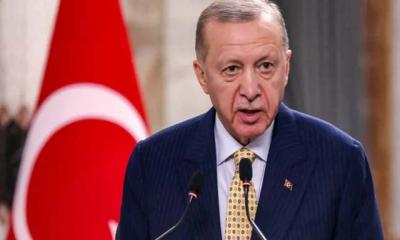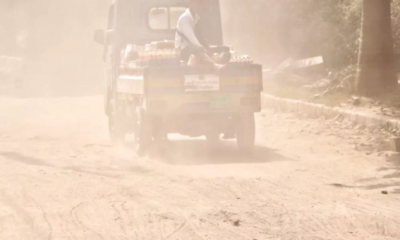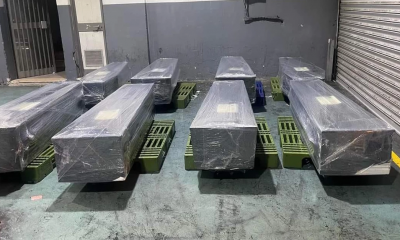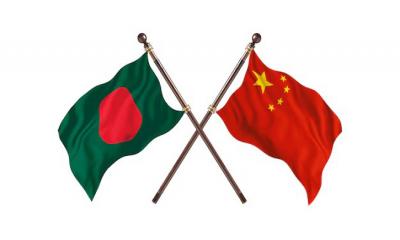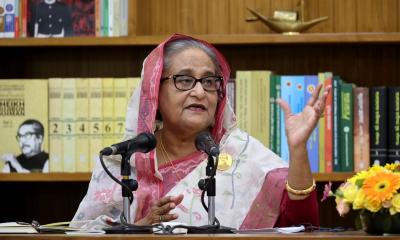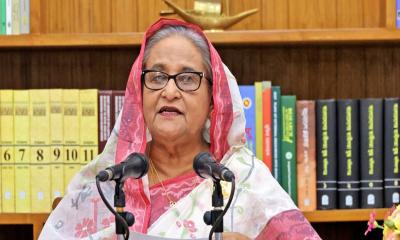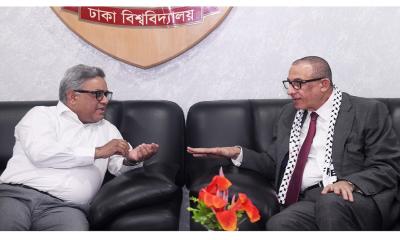The Council of the European Union has adopted the fourth round of sanctions in view of the continuing grave situation and intensifying human rights violations in Myanmar, following the military coup in the country on February 1, 2021.
The European Union on Monday said they are deeply concerned by the continuing escalation of violence in Myanmar and the evolution towards a protracted conflict with regional implications. Since the military coup, the situation has gravely deteriorated continuously.
As a matter of priority, the EU reiterated its calls for an immediate cessation of all hostilities, and an end to the disproportionate use of force and the state of emergency.
The European Union said they will continue to provide humanitarian assistance in accordance with the principles of humanity, neutrality, impartiality and independence.
The EU reiterated its call for the full and immediate respect of international humanitarian law.
The new listings target 22 people and four entities, including government ministers, a member of the State Administrative Council and members of the Union Election Commission, as well as high-ranking members of the Myanmar Armed Forces (Tatmadaw).
As regards the sanctioned entities, these are either state-owned companies providing substantive resources to the Tatmadaw, or private companies closely connected to the Tatmadaw's top leadership.
These companies are Htoo Group, IGE (International Group of Entrepreneurs), Mining Enterprise 1 (ME 1) and Myanma Oil and Gas Enterprise (MOGE).
Restrictive measures now apply to a total of 65 individuals and 10 entities, and include an asset freeze and a prohibition from making funds available to the listed individuals and entities. In addition, a travel ban applicable to the listed persons prevents these from entering or transiting through EU territory.
The existing EU restrictive measures also remain in place.
These comprise an embargo on arms and equipment that can be used for internal repression, an export ban on dual-use goods for use by the military and border guard police, export restrictions on equipment for monitoring communications that could be used for internal repression, and a prohibition on military training for and military cooperation with the Tatmadaw.
The restrictive measures come in addition to the withholding of EU financial assistance directly going to the government and the freezing of all EU assistance that may be seen as legitimising the junta.
The relevant legal acts, including the names of the persons concerned, will be published in the Official Journal.


